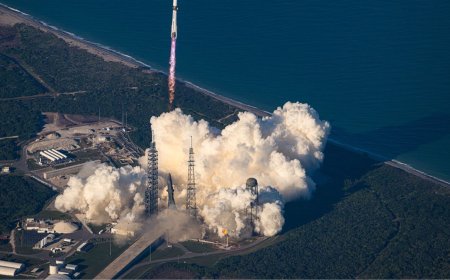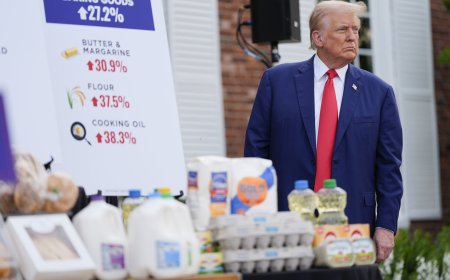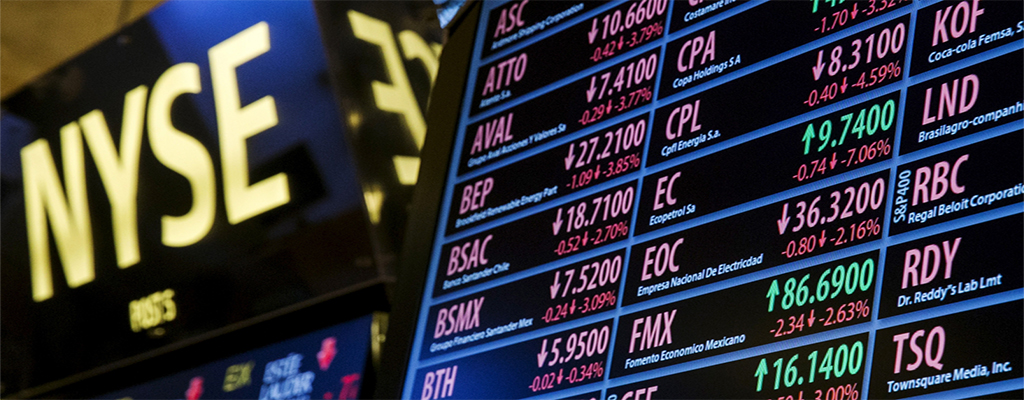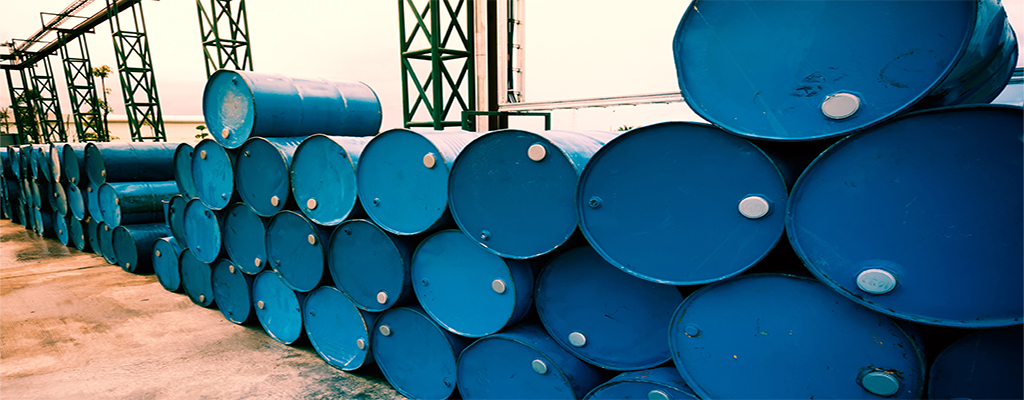Israel’s Haifa Oil Refinery Damaged in Missile Strike

Oil started the week with a gain, after an Iranian missile attack caused damage to the Haifa refinery in Israel over the weekend, prompting a partial shutdown, Israeli media reported, saying the facility remained operational.
At the time of writing, Brent crude was trading at $74.83 per barrel, with West Texas Intermediate at $73.77 per barrel.
The damage, according to the Haifa refinery’s operator, Bazan, was localized at pipelines and transmission lines, the Times of Israel reported. The publication added that Iran launched some 40 missiles at the Haifa area on Saturday night.
“The refining facilities continue to operate, while some downstream facilities at the complex have been shut down,” Bazan said in a statement, as quoted by Argus.
Israel, meanwhile, struck two gas treatment plants in southern Iran and an oil storage site in Tehran, which caused fires at two or three storage tanks.
Missiles continue flying, with Iran targeting Tel Aviv and Haifa, with worry rising that the conflict will continue escalating, possibly culminating in disruption of oil flows via the Strait of Hormuz, which handles over 20 million barrels daily in oil exports. Further Israeli attacks on Iranian oil infrastructure are also a distinct possibility.
“If Iranian crude exports are disrupted, Chinese refiners, the sole buyers of Iranian barrels, would need to seek alternative grades from other Middle Eastern countries and Russian crudes,” S&P Global Commodity Insight’s head of near-term oil analysis, Richard Joswick, said, as quoted by Reuters.
“This could also boost freight rates and tanker insurance premiums, narrow the Brent-Dubai spread, and hurt refinery margins, particularly in Asia,” Joswick added.
Tanker owners are already refusing to send their vessels to the Persian Gulf and pulling out the ones that are already there, with the chief executive of Frontline, the world’s largest tanker operator, saying that “Trade is going to become more inefficient and, of course, security has a price.”
By Irina Slav for Oilprice.com














































